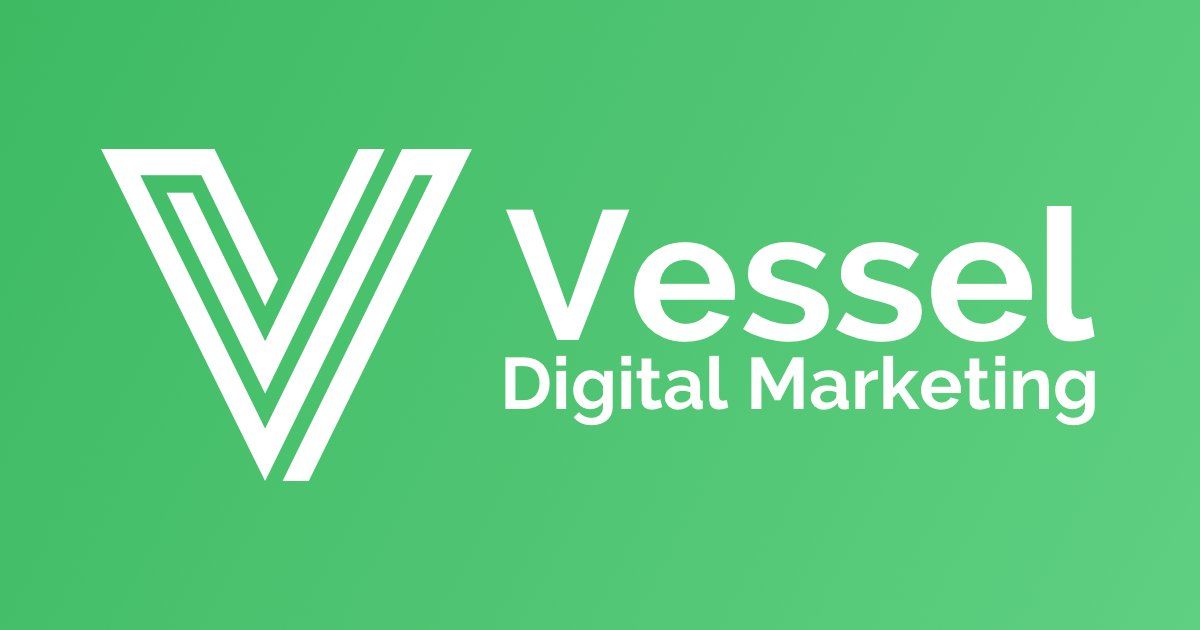Mastering Social Media Advertising: Tips and Top Strategies
Eighty percent of businesses believe social media ads are crucial for their marketing success, yet navigating this digital landscape can be a maze. In today's fast-paced online world, creating impactful social media ads that grab attention and drive engagement is more art than science. This post dives deep into the strategies that make social media advertising a powerful tool for reaching your target audience. Whether you're a seasoned marketer or just starting out, understanding the nuances of crafting compelling ads can transform your approach and set you apart in the crowded digital space.
Key Takeaways
- Paid advertising on social media is a powerful tool for reaching targeted audiences, with each platform offering unique benefits for different types of campaigns.
- Popular platforms like Facebook, Instagram, Twitter, and LinkedIn cater to varied demographics, making it crucial to select the right one based on your campaign goals and target audience.
- Understanding the specific advantages of each social media platform can significantly enhance the effectiveness of your ad campaigns. For example, Instagram is great for visual products, while LinkedIn is ideal for B2B marketing.
- Crafting effective social media ad campaigns requires a clear understanding of your audience, creative content that resonates with them, and continuous optimization based on performance metrics.
- Implementing A/B testing and leveraging analytics are actionable steps that can help refine ad strategies, ensuring better engagement and higher ROI.
- Staying informed about the latest trends and algorithm changes on these platforms can also aid in maintaining the relevance and effectiveness of your social media ads.
Focus on providing value first and then build up to the ask.
Understanding Paid Advertising on Social Media
Paid vs. Organic
Paid advertising on social media involves paying platforms to display ads to specific audiences. This contrasts with organic reach, which relies on free content sharing and visibility.
With paid ads, businesses can target users based on demographics, interests, and behaviors. They ensure more people see their message, unlike organic posts that might only reach a small portion of followers.
Targeting Techniques
Effective targeting is crucial for maximizing ad effectiveness. It allows advertisers to show their content to those most likely to be interested.
Retargeting takes this further by focusing on users who have already interacted with a brand. It increases the chances of conversion by reminding them of what they viewed or left in their cart.
Analytics Insight
Understanding ad performance is key. Analytics and metrics provide insight into how well campaigns are doing.
They measure everything from click-through rates to engagement levels. This data helps advertisers adjust strategies for better ROI. By analyzing these metrics, businesses can fine-tune their campaigns for optimal performance.
Popular Platforms for Social Media Ads
Facebook Ads
Facebook stands as a giant in social media advertising, boasting the largest user base. It offers detailed targeting options, allowing advertisers to reach specific demographics.
Businesses find it particularly effective due to its broad demographic reach and advanced analytics. They can track ad performance and adjust strategies in real time.
Instagram Ads
Instagram, known for its visual appeal, attracts a younger audience. It's ideal for brands with strong visual content. Engagement rates on Instagram are high, making it a lucrative platform for lifestyle and fashion sectors.
The integration with Facebook ads makes it easier for businesses to manage campaigns across both platforms. This synergy enhances ad reach and effectiveness.
LinkedIn Ads
LinkedIn excels in B2B marketing. Its professional network is perfect for targeting industry professionals and decision-makers.
Ads on LinkedIn are more expensive but offer higher conversion rates for B2B products and services. The platform's detailed targeting includes job titles, industries, and company sizes.
Emerging Platforms
TikTok and Snapchat are gaining traction among younger audiences. These platforms offer innovative ad formats that resonate well with Gen Z and Millennials.
Advertisers looking to tap into these demographics should consider TikTok for its viral potential and Snapchat for its engaging, ephemeral content.
Benefits of Each Social Media Platform
Facebook Ads
Facebook stands out with its extensive targeting options. Advertisers can pinpoint their audience based on interests, behaviors, and demographics. This precision ensures ads reach those most likely to engage.
The platform offers a variety of ad formats. Whether it's video ads for brand storytelling or carousel ads for showcasing multiple products, Facebook caters to diverse campaign goals. Its versatility makes it a top choice for businesses aiming to increase visibility and engagement.
Instagram Ads
Instagram's strength lies in its visual-centric approach. This platform is ideal for brands that rely heavily on aesthetics, such as fashion, beauty, and lifestyle sectors. It appeals especially to a younger demographic, promising high engagement rates.
Stories and posts allow for creative expression. Brands can use these features to craft compelling narratives that resonate with their target audience. The visual nature of Instagram ensures that ads blend seamlessly with organic content, enhancing user experience.
LinkedIn Ads
For B2B marketing, LinkedIn is unmatched. It excels in connecting professionals and companies, making it the go-to platform for targeting capabilities within specific industries.
Ads on LinkedIn can be tailored to reach decision-makers based on job title, company size, and industry. This level of specificity is invaluable for businesses looking to establish professional connections and generate leads within their niche market.
Crafting Effective Social Media Ad Campaigns
Clear Objectives
Setting clear objectives is crucial for any social media ad campaign. It guides the strategy and helps measure success. Businesses must define what they aim to achieve, be it increased brand awareness, more website traffic, or higher sales. Key Performance Indicators (KPIs) should align with these goals.
Objectives give direction. Without them, measuring campaign effectiveness becomes challenging. Establishing KPIs early on ensures all efforts are focused and measurable.
Creative Content
Creative content that resonates with the target audience is essential. Each social media platform has its unique set of best practices for content creation. For instance, Instagram favors high-quality visuals, while Twitter values concise, engaging text.
Content must grab attention. It should speak directly to the interests and needs of the audience. Using insights from the benefits of each platform can help tailor messages that hit home.
Testing and Optimization
Continuous testing and optimization are key to improving ad campaign performance. A/B testing different elements of an ad can reveal what works best. Data-driven insights allow for fine-tuning strategies in real-time.
Optimization is an ongoing process. Marketers should always look for ways to enhance their campaigns based on performance data. This approach ensures resources are used efficiently and ROI is maximized.
Final Remarks
Navigating social media ads can turbocharge your brand's visibility and engagement. You've got the scoop on leveraging paid advertising, choosing the right platforms, understanding their unique benefits, and crafting campaigns that resonate. This knowledge empowers you to connect with your audience more effectively than ever before. Remember, each platform offers a distinct flavor for your ads—mix and match to find your perfect recipe for success.
Now's the time to put this insight into action. Start small if you need to, test different approaches, and always keep your audience's needs at the forefront. Ready to make a splash in the digital world? Dive into social media advertising and watch your brand grow. Let's get those ads live and your message out there—your audience is waiting.
Frequently Asked Questions
What is Paid Advertising on Social Media?
Paid advertising on social media involves paying platforms to display ads to targeted audiences, increasing visibility and engagement.
Which Platforms are Popular for Social Media Ads?
Facebook, Instagram, Twitter, LinkedIn, and TikTok are popular platforms, each offering unique ad formats and targeting options.
How Do Benefits Vary Across Social Media Platforms?
Each platform caters to different demographics and interests. For example, LinkedIn is ideal for B2B marketing, while Instagram appeals to a younger audience interested in visual content.
What Are Key Elements of Effective Social Media Ad Campaigns?
Successful campaigns require clear objectives, compelling visuals or videos, targeted messaging, and continuous optimization based on performance analytics.
Can Small Businesses Benefit from Social Media Ads?
Yes, small businesses can benefit significantly from social media ads due to affordable targeting options and the ability to reach a wide yet specific audience with a smaller budget.
How Quickly Can I See Results from Social Media Advertising?
Results can be seen almost immediately in terms of engagement. However, conversion rates and ROI may take longer to assess fully. Continuous optimization is key.
Is It Necessary to Use All Platforms for Social Media Advertising?
No, it's more effective to choose platforms where your target audience is most active. Spreading resources too thin across many platforms can dilute your message and impact.
Enjoyed this article?
Here's a few more that may interest you.

Want to know more?
Set up a [free] consultation.
We will walk through your current website and discuss the vision for your new website, as well as any other digital marketing needs you may have.


